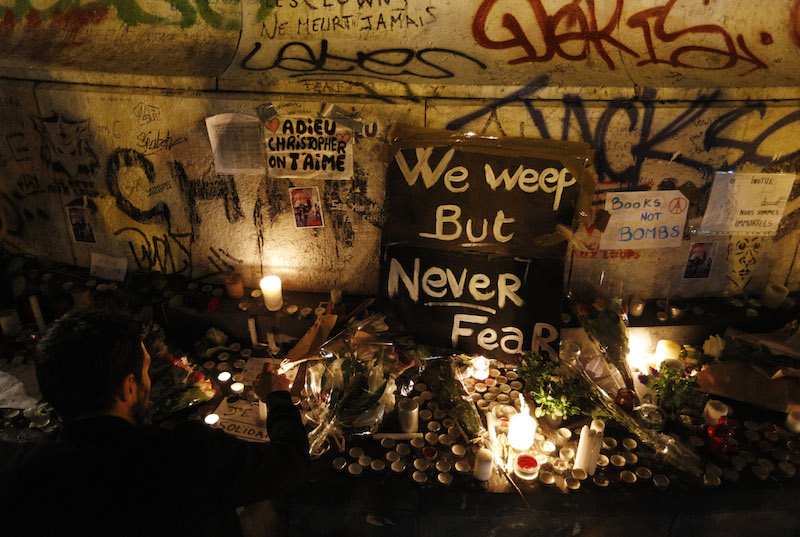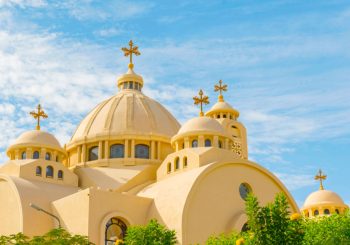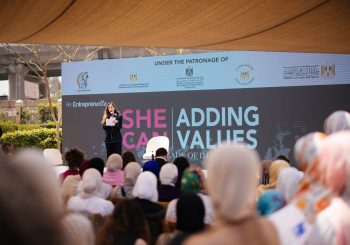Last Friday night, the 13th of November, seven simultaneously-led terrorist attacks shook the streets of Paris and the hearts of the entire nation. France had never seen attacks of the like since the end of World War II. With 129 deaths and 349 injuries, the civilian damage is substantial. The attacks stretched out from the Stade de France to the heart of the capital, transforming it’s streets into a real battlefield.
Axel, a 25 year old student in Paris, has shared with Egyptian Streets his experiences. Making his way by metro towards the Oberkamps station to meet some friends somewhere around Rue Albert in the 10th Parisian district, perhaps at the popular bar ‘Carillon’, an unusual sequence of events happened.
For ‘security reasons’, as announced by the driver, he had to make his way out in the preceding station along with twenty other people. “We weren’t sure of what the reasons really were. Some of us managed to get hold of news about the attacks thanks to phone calls from family members, but none of us realized the extent of what was going on and how physically close we were to it all,” says Axel.
Within this state of confusion, and making his way out of the metro station, he found himself surrounded by people running in the opposite direction of where he was supposed to go. “Everyone was totally panic-stricken. Some were in their balconies in the surrounding buildings shouting out ‘Run! Get away!’ It was a completely terrifying atmosphere,” he explains.
Noticing armed policemen taking position behind nearby cars, aiming at targets he couldn’t see, and with the sound of bullets resonating in his ears and clouding his thoughts, he instinctively ran as well. “I went through small alley-ways. I lost track of time and space, but somehow managed to find myself at Boulevard Beau Marché where I sought refuge in a restaurant with about a dozen other people,” Axel continues.
Within this shelter; he found himself face-to-face with one of the survivors of the Bataclan massacre. “He was in total shock… he barely managed to finish his sentences. Pale faced and overwhelmed with an empty feeling, I gave him my phone so that he could contact his loved ones”. This survivor was one of the lucky ones: standing directly in-front of the stage during the Eagles of Death Metal concert he explained that the first bullet blasts were pictured by the front row audience as fire-crackers or some sort of surprise within the show. The truth couldn’t be any more different – oblivious to the entrance of the terrorists behind them, they found themselves trampled by a panicked stampede.
In this traumatizing scene, bullets flew around the entire concert hall, their victims falling one by one. An ice-breaking silence fell, signaling a moment of hope for an escape. The young survivor, through heavy tears of grief and anguish towards all the victims, described how he had escaped by climbing on top of the stage and fleeing through the fire exit.
With the rise of xenophobic debates of the extreme-right in France today, Axel believes most discussion is highly emotionally charged.
“The speeches we hear today are mostly based on emotion and on the popular opinions going around. Highly-placed politicians are mostly keeping a low profile as a form of respect towards the families of the hundreds of victims,” says Axel. “The Charlie Hebdo attacks had triggered many debates and questions within the French nation, but what happened last Friday has to trigger answers and solutions. Answers towards how to secure places of worship without preventing our freedom of practice for instance, or solutions towards the proliferation of terrorist networks across borders.”
More than 14 people died on the pavements of the bar where he was supposed to spend a mundane evening. “It’s a very popular bar, full of life. It’s where common people go, usually youngsters too. It isn’t at all a politicized bar,” says Axel, describing the place.
“It makes me feel like we are all concerned here. It’s not just a small part of the French community that was targeted. Young, old, leftist, rightest, religious or not even… everyone in France feels concerned and hurt by these attacks.”
However, Axel believes that the attacks will make people realize they have nothing to do with religion. “I think these attacks will perhaps push people towards understanding better the fact that these attacks have nothing to do with religion… all seven of them targeted cosmopolitan areas. The Stade de France was attacked obviously because President Francois Hollande was there, but in any case it’s far from being a symbol of the politic elite in France. On the contrary, it is a purely classless symbol,” says Axel.
“People in France today will perhaps educate themselves and become more aware of what is really happening around them, particularly in the Middle East. Before, we simply let politics be politics. Now however, the common people will hopefully appropriate these debates and solutions ahead.”







Comments (0)